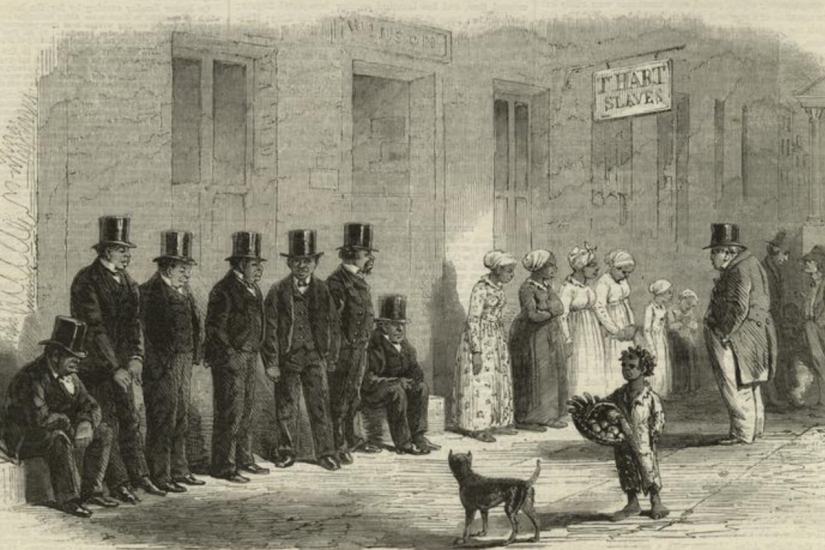Some people think libertarians only care about taxes and regulations. But I was asked not long ago, what’s the most important libertarian accomplishment in history? I said, “the abolition of slavery.”
The greatest libertarian crusade in history was the effort to abolish chattel slavery, culminating in the nineteenth-century abolitionist movement and the heroic Underground Railroad. It’s no accident that abolitionism emerged out of the ferment of the Industrial Revolution and the American Revolution.
How could Americans proclaim that “all men are created equal … endowed by their Creator with certain unalienable rights,” without noticing that they themselves were holding other men and women in bondage? They could not, of course. The ideas of the American Revolution — individualism, natural rights and free markets — led logically to agitation for the extension of civil and political rights to those who had been excluded from liberty, as they were from power — notably slaves, serfs and women. As the great English scholar Samuel Johnson wrote in 1775, “How is it that we hear the loudest yelps for liberty among the drivers of Negroes?”
The world’s first antislavery society was founded in Philadelphia that same year. Thomas Jefferson owned slaves, yet he included a passionate condemnation of slavery in his draft of the Declaration of Independence the following year: “[King George] has waged cruel war against human nature itself, violating its most sacred rights of life and liberty in the persons of a distant people who never offended him.” The Continental Congress deleted that passage, but Americans lived uneasily with the obvious contradiction between their commitment to individual rights and the institution of slavery.
As the idea of liberty spread, slavery and serfdom came under attack throughout the Western world. During the British debate over the idea of compensating slaveholders for the loss of their “property,” the libertarian Benjamin Pearson replied that he had “thought it was the slaves who should have been compensated.”
In the United States, the abolitionist movement was naturally led by libertarians. Leading abolitionists called slavery “man stealing,” in that it sought to deny self-ownership and steal a man’s very self. Their arguments paralleled those of John Locke and the libertarian agitators known as the Levellers.
